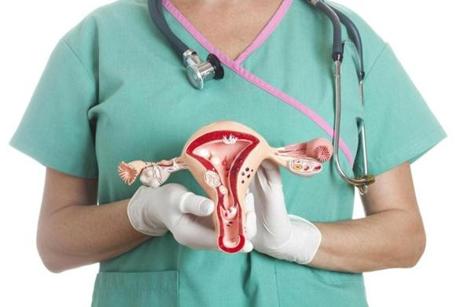Infertility is not a condition limited to one sex and around one out of every six couples faces the problem. By definition, infertility is the inability to conceive, despite repeated attempts, over a period of one year. Any one of the two partners can be suffering from infertility and when it is the female, it is called female infertility. 50% of infertility couple cases are related to females and all together they account for around 1/3 of all infertility cases.
Causes of female infertility
Most commonly, female infertility is related to ovulation problems, damaged fallopian tubes or problems with the uterus or cervix. Age also has a bearing on female fertility and as a woman gets older, her fertility also decreases.
Ovulation problems can be a result of:
- Hormonal imbalance
- Tumors and cysts
- Anorexia or Bulimia
- Alcohol and drugs
- Thyroid gland issues
- Obesity
- Stress and anxiety
- Intense physical activity
- Rapid weight loss
- Very brief menstrual cycles
Damaged fallopian tubes or uterus can be due to:
- Pelvic inflammatory disease
- Severe infections and chronic illnesses
- Polyps in uterus
- Scar tissue
- Endometriosis or fibroids
- Previous ectopic pregnancy
- Birth defect
- Side effect of DES medication
Abnormal production of cervical mucus can also result in infertility as it prevents sperm cells from getting through to the eggs.
Diagnoses of female infertility
If you suspect infertility, you will need to undergo a physical exam which will take your history into consideration. The following tests might be used to determine your fertility:
- Urine and blood tests to identify any infections or hormonal issues
- Pelvic and breast exam
- Cervical mucus sample for testing
- Examination of the abdomen from the inside to locate any blockage or scar tissue
- HSG x-ray to identify any blockage in the fallopian tubes
- Hysteroscopy to locate any uterine abnormalities
- Ultrasound of the uterus and ovaries
- Sonohystogram to locate uterine abnormalities
Treatment for female infertility
Female infertility is treatable and any one or more of the following treatments may be used:
- Administering hormones to counter any imbalance and regular menstrual cycles
- Medication which stimulates proper ovulation
- Taking supplements which enhance fertility
- Going on antibiotics to cure any infections
- Undergoing surgery to remove blockage or treat scar tissues found on the uterus or fallopian tubes
Can anything be done to prevent female infertility?
If a female infertility is genetic, nothing can be done to avoid it. However, there are certain tips for women which can reduce the chances of infertility.
- Use protection to prevent STDs
- Refrain from drug use and excessive alcohol intake
- Take care of personal hygiene
- Be particular about gynecologist checkups every year.
Image courtesy: glamour.com





No Comment